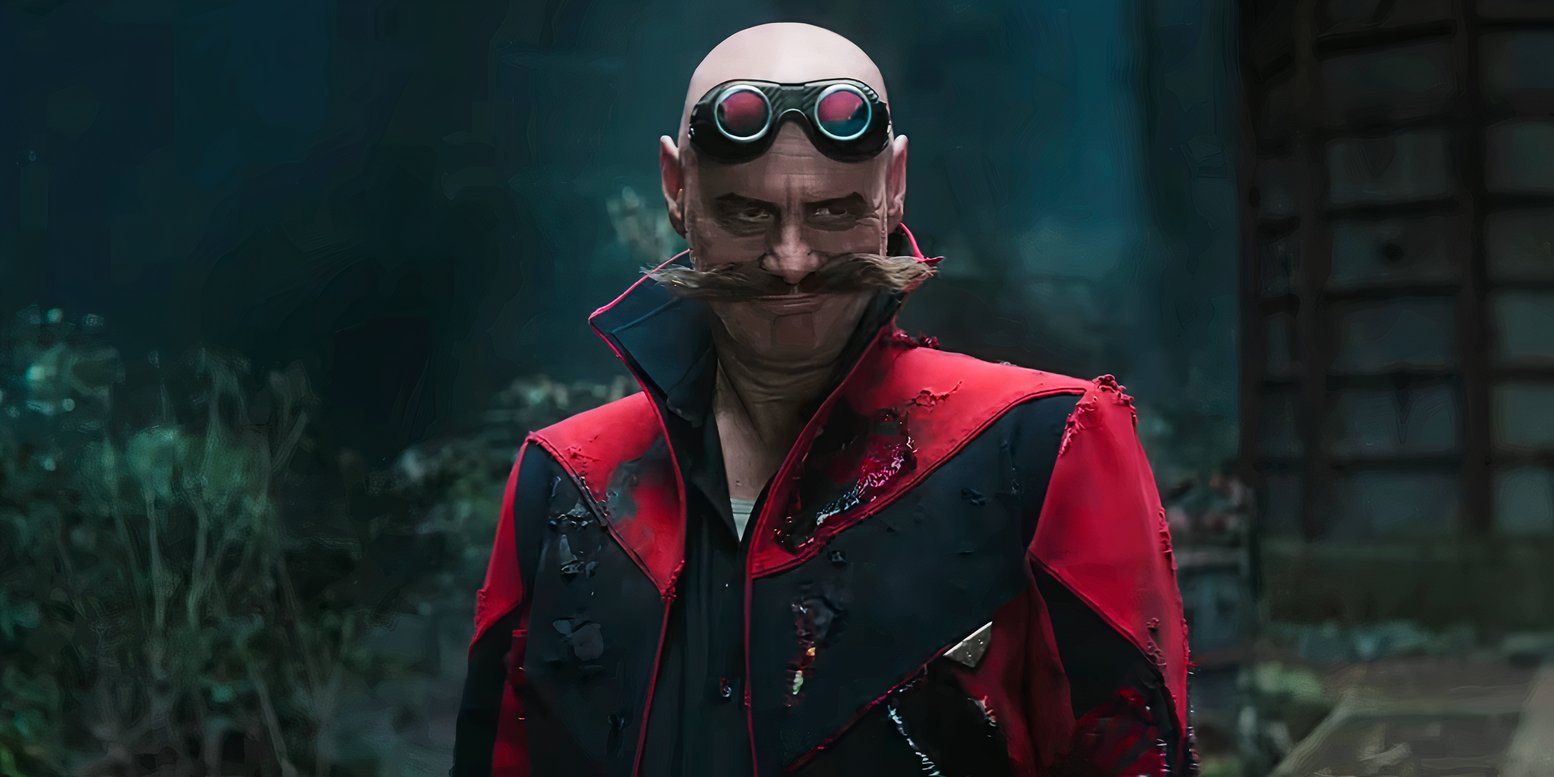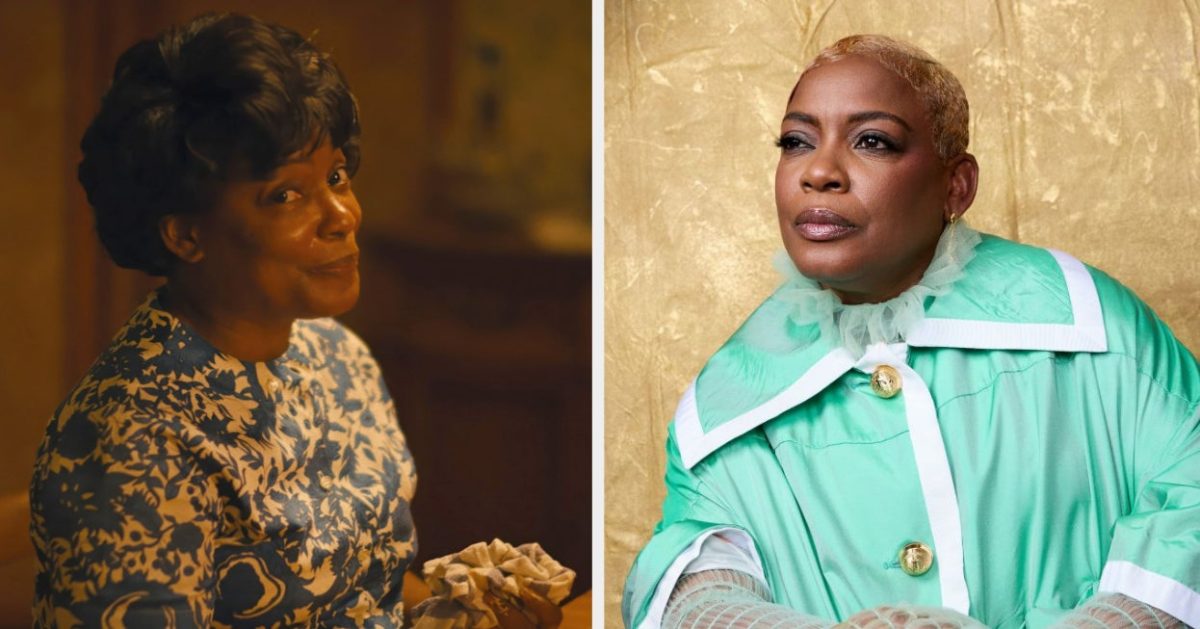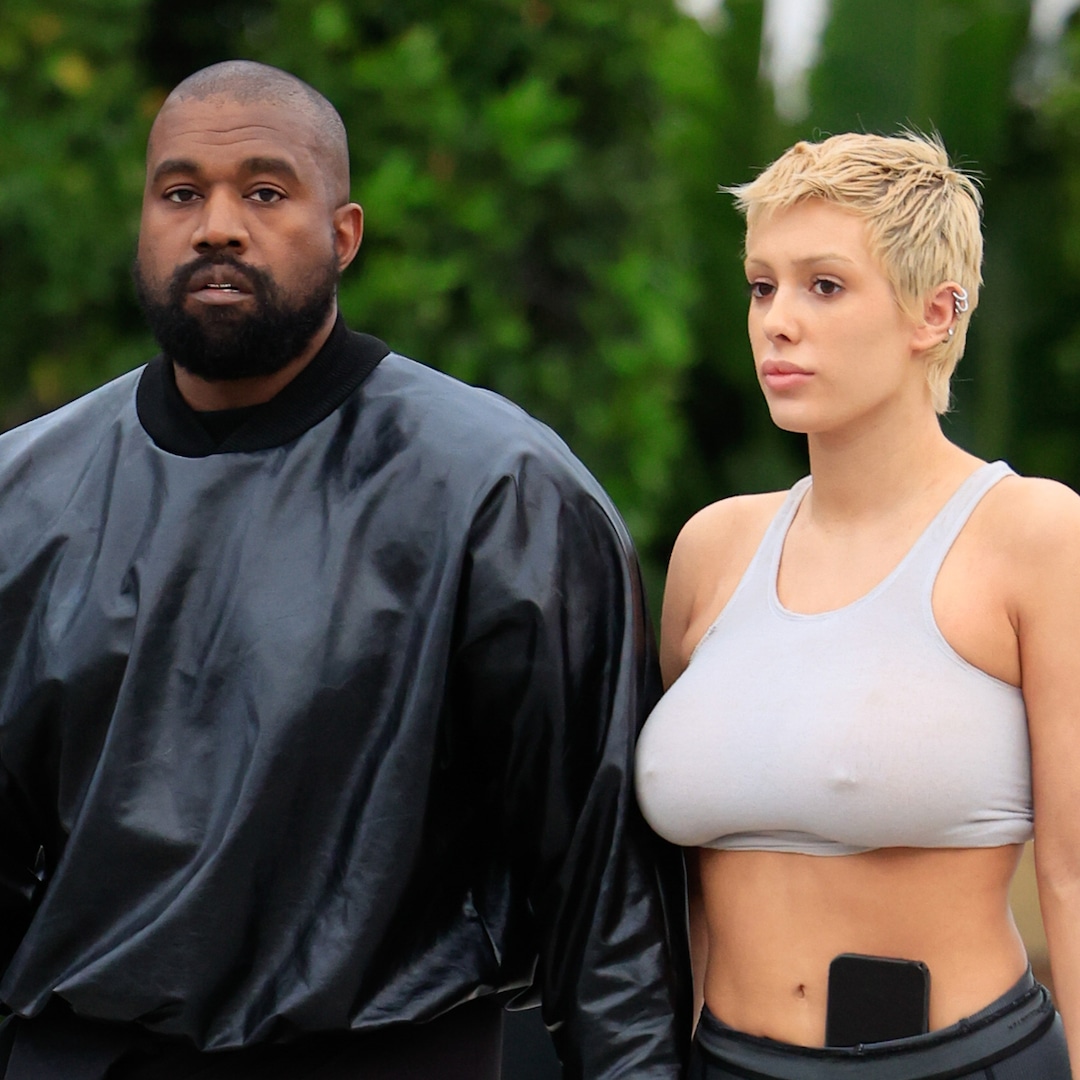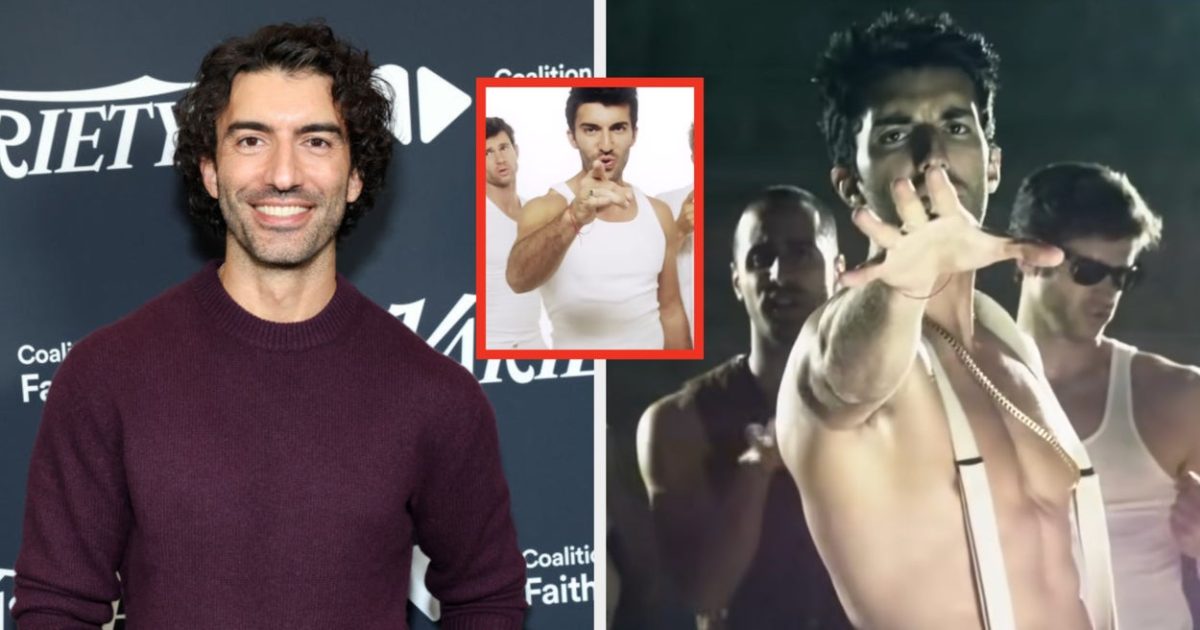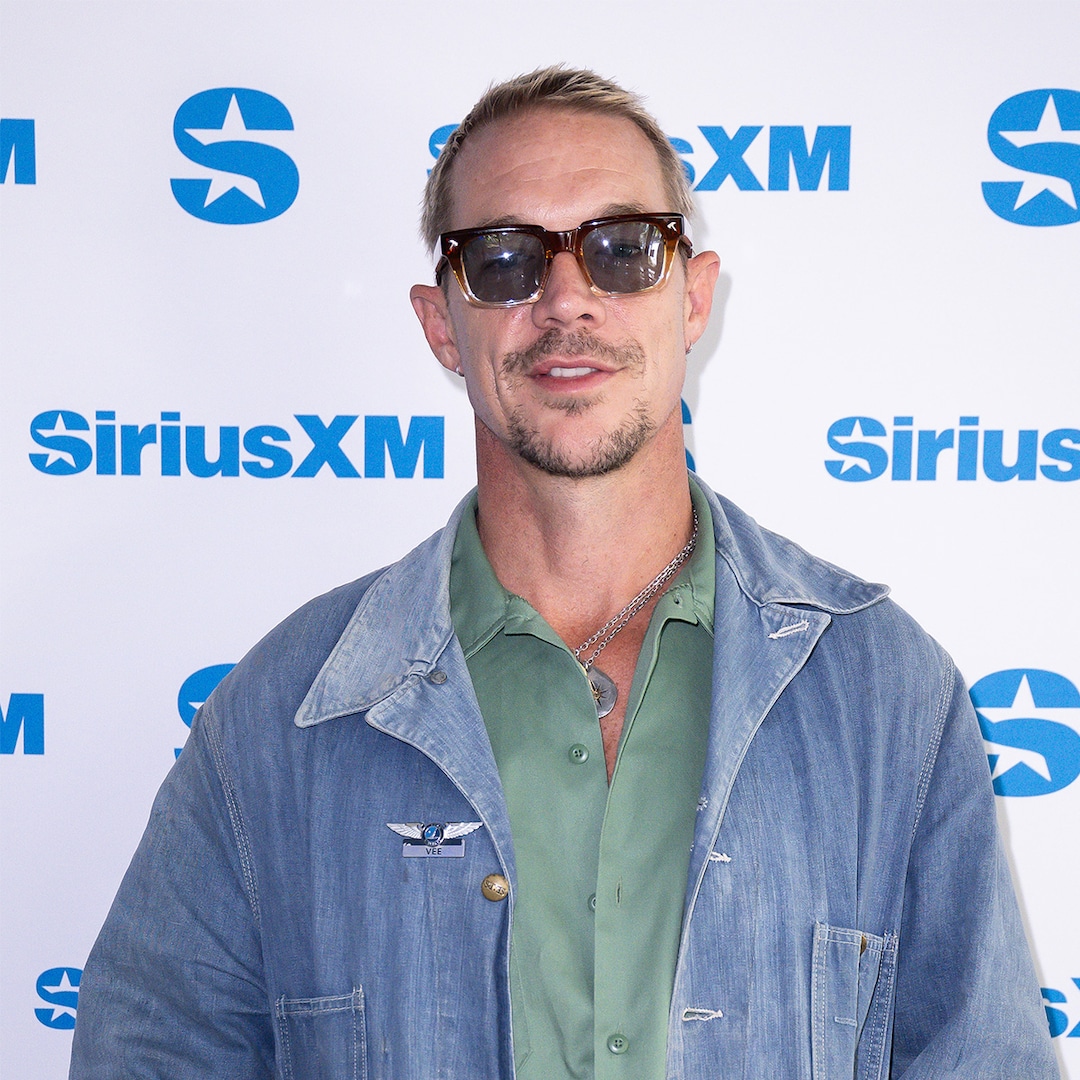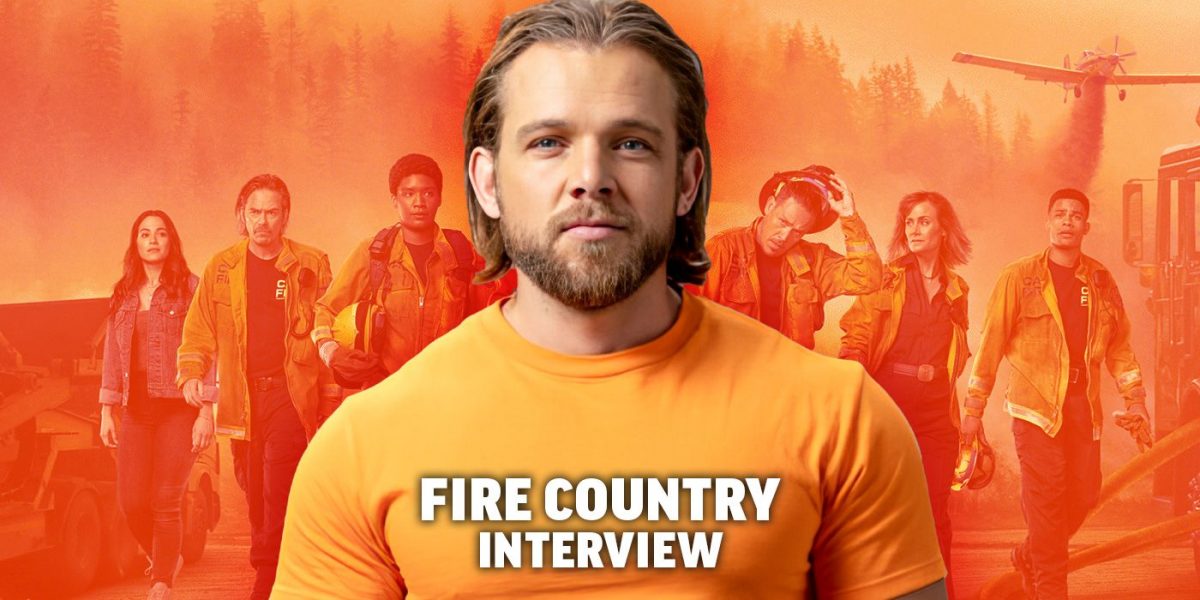
Max Thieriot on Fire Country’s Success & Why Authenticity Is So Important
Jan 7, 2023
The CBS freshman series Fire Country follows Bode Donavan (played by creator/star/executive producer Max Thieriot) who, after burning down his own life and ending up with a five-year prison sentence, finds himself back in his hometown in a release program that gives him the chance to prove he’s deserving of reduced time. Teamed up with firefighters battling Northern California wildfires constantly tests Bode’s strength, resolve and determination, but it can also help him achieve the redemption that he’s looking for.
During this 1-on-1 with Collider, Thieriot talked about how rewarding the success of Fire Country is, how this series came about and why he wanted to tell this story, being so personally connected to the material, everything they do to ensure authenticity, filming fire scenes when there’s no actual fire to interact with, how Bode is even surprising himself with being able to turn his tragic past into a positive, what he hoped to achieve with the first season, and his decision to direct an episode.
COLLIDER VIDEO OF THE DAY
Collider: How does it feel to be part of such a successful new series? When you’re more than just an actor in a project, and you’re the lead, one of the creators, and an executive producer, how much more rewarding does it feel to know that this show is actually connecting with audiences like you hoped it would?
MAX THIERIOT: It’s really rewarding. It’s funny, in the beginning, people kept asking me, whether it was family, friends, or whoever, “Are you so excited?” After episode one aired and the numbers came out, and then again after episode two, I got the same question. Both weeks, my first response was, “Yeah, I’m excited, but in front of that is a sense of relief.” I know the show is good. I know what we have. I know we have incredible actors. I know the scripts are awesome. I know the visual effects are great. We have all these things that are going for us, but you still don’t know. You don’t know what audience you’re gonna find or how they’re gonna respond. So, the first big thing was a big sigh of relief that was like, “Okay, alright, we’re good.” It’s definitely really rewarding. This has been my baby for the last three years, so it’s exciting to finally see it out in the world. But as rewarding as it is and no matter how much I’m enjoying all of these moments with all of these people that I’m getting to celebrate this with, it’s also a lot of work. I’m certainly doing more work now than ever. Directing is a lot of work, as well. I had no idea the amount of Zooms and phone calls I’d be doing. There are so many little things that I didn’t ever factor in and I’m like, “Oh, my gosh, I need a clone of me to take half of the weight.” But it’s good. It’s exciting. It’s all good stuff.
What got you to a place where you wanted to be this involved with something? Was it something that you intentionally sought out, or was it something that you couldn’t really avoid because you wanted to tell this story?
THIERIOT: I think it was more the latter. When I started writing it, in the beginning, I wasn’t sure what the route was gonna be. In the beginning, my intentions were to try to create this world and pitch it, and them have them make a show, best case scenario. And then, the more into it I got and the deeper I got, and the more time I spent with it, the more I became attached to it. The further along I got, the control freak in me felt like I had to do it. I don’t like flying in airplanes because I don’t know who the pilot is. I don’t know the person who’s flying this thing. But seeing it to the finish line, I wanted to be there and I felt like I had to see it through. As we went through the process, I wasn’t sure that I was gonna act in it, or if I would just recur. At the time, I was fully involved with SEAL Team, so it was hard to imagine being able to go do something else, especially because this ramped up pretty quick. It became clear that it wasn’t like SEAL Team was gonna be over and done with, and here’s the next thing I could do, so I really wasn’t sure. As I got further down the road and more people became involved, like KristieAnne Reed and the folks at Bruckheimer, they also championed me and said, “Max, you’ve gotta do this.” My wife said, “Babe, you have to play the role.” My buddy A.J. Buckley said, “Max, you’ve gotta play that role.” These people all looked at me and said, “You know you’re not gonna really feel fulfilled unless you do this thing and you see it through.” With everybody’s encouragement, I was like, “Alright, you’re right. I need to do this. I wanna do this.”
Image via CBS
You’ve talked about how this has come out of your own life and experiences growing up. Had you always thought stories of your life growing up and that people you were surrounded by would make a good story someday? How did that all come together?
THIERIOT: I didn’t really ever think that, at first, because it was just normal to me. It was just my life. It was just my friends. It was my community. It was all these things that were a huge part of me, but because I was so close to them, I never looked at it that way. It wasn’t until I started telling people about it that other people were like, “That’s a TV show.” You hear that, all the time. People say, “Yeah, that’s a movie.” A lot of people have these compelling stories that, to them, might seem like everyday life, but you just have to look at it through somebody else’s perspective. It makes you wonder what amazing stories are out there, about people who do everyday things with their friends or in their community, and how they think it’s normal, but it’s a really great story.
For me, it was easy to write because you write what you know. Because it was so personal and so close, it all came from a place that I was connected to, so it was easy for me to translate that into these characters and this world. It was not something that I was really having to build, from the beginning. The foundation was there. Now, I’m going back through other parts of my life and wondering what else there might be. It’s an interesting process. Honestly, it was a lot of fun. I’ve definitely got the bug a little bit now. I’ve always wanted to tell stories, and create and build worlds, and do those things. For me, it was always a struggle to imagine some of the stuff that people come up with, and how creative and completely out of their imagination stuff is. I thrive off of the human experience, life events, and all those things.
I tremendously appreciate how authentic the show feels from the fire angle. My father was a fireman in the Beverly Hills Fire Department, so I know how it feels when your loved one gets called away for what can be a very dangerous job. What do you do to keep things as real as you can get them on this show, when it comes to that life and the reality of what that is? What most helps you personally in achieving that accuracy?
THIERIOT: Thank you to your father, first and foremost. The biggest thing that I want and hope to achieve with this series is not only to shine the light on firefighters for being the heroes that they are, but also just everything that they go through as humans. It’s important to realize that even though Superman wears a cape, when he takes that cape off, there’s a man underneath it, and it’s important to peel back those layers too. You have to show the good, the bad, and the ugly. I hope to also try to bring awareness to the difficulties that firefighters go through because these people are human. They don’t just go to work every day and come out looking like the heroes that they are underneath that. They go through a lot of emotional and real tragic experiences and they see a lot of horrific things. It’s stuff that a normal person might see once in their lifetime, but these people see it weekly, and that takes its toll. I hope that we can help people. I really hope that we can help firefighters and families of firefighters, who help our community and all of us, and make the world a better place. We should be making their lives better to afford doing this job. So, that’s a sidebar.
With this show, we have an exceptional cast, who all wanna make the show better. It starts on the page, and then every person approaches it the same way, which is that they wanna elevate it and take it to the next level. Each person is adding so much to their character, and really embracing who they are and what they’re doing in each moment, whether they’re on camera or they’re in the background. We have even this great background crew of people who are there with us, all the time now. These guys don’t get to say lines or get closeups, but they’re wearing the gear, they’re sweating, and they’re putting in the work. It’s really just about building that whole world and everybody bringing their A-game to elevate it.
We have technical consultants. We work with a bunch of different firefighters, from all over, with many years of experience. A couple of the guys that we have up here both have about 30 years. We really try to bring in as much of the authenticity as we possibly can. It’s always that fine line of telling these dramatic stories for television, but also respecting the job that people do, and we try to keep those two things close. One of the other ways that we add to that level of authenticity is by really building these characters and investing in them. We want to have these moments, not just where they’re responding to a call about some person they don’t care about, but where you can see how these incidents and the things they’re responding to are emotionally affecting them and how they’re able to work in the chaos of all that. It’s adding all of those layers that add to that authenticity that you don’t really see on screen, but you start to feel it.
It’s really a process, and we’re still finding it. The longer that we go and the further in that we get, we’re sharpening that even more and finding that sweet spot. We’re figuring out how to make this the best show that we can possibly make, to check all of those boxes, to entertain people, to have these great storylines, to show this job correctly, and to educate people and bring awareness. It’s all those things. It’s a lot of work on everyone there, but it’s something that I think everybody prides themselves on doing.
Image via CBS
At the same time, you’re making a TV show and there is some movie making magic involved. Is it weird to do a scene without the actual fire?
THIERIOT: It’s totally weird. With my last show, SEAL Team, the bombs aren’t real, but we’d use blanks and have these big, loud explosions. There was always so much noise that when it gets your heart going and your adrenaline starts rushing, you feel that. It’s definitely something that takes getting used to because, even in the months that we’re allowed to have real flame bars and some real fire, it’s never to the scale that you see on the show. One of the biggest things that’s hard to adjust to is being able to imagine the heat. Your imagination can take you to a place of visually seeing a fire and to picture the whole thing on fire, but the hardest thing to do is to imagine the temperature that’s coming off of that and how that affects you being that close to it.
When you stand close to any fire, especially the bigger and hotter it is, you cannot stand next to that fire for long without your face feeling like it’s melting. It’s an unreal heat that you feel. You basically get sunburn. It’s crazy. That’s one of the hard things to figure out. On the pilot, it wasn’t unknown to everyone because we all had an idea of what it would be, but once we had that proof of concept, it made everybody a little more aware of what we could expect, going forward. We have a visual effects person on set there for all those days, so we try to incorporate them into the conversation and explain it to the actors. They’ll say, “Okay, you’re standing there, so this is where the fire’s gonna be. That’s how big it’s gonna be.” That way, you can imagine where it is and know the direction it’s moving in. We want to get that into the back of everybody’s minds, as much as possible.
The moments that I find most interesting on the show are the ones when Bode can use his past and turn it into a positive in the present. Do you think that he’s surprising himself, in how he can actually pull from all of these aspects of his life and do something positive with it now?
THIERIOT: Yeah, I think he really is surprising himself. First of all, the instinct that Bode has living inside him is something that every firefighter has. Most of them know that they’re good at doing that thing, or they love doing that thing, and what that thing is, is putting everybody else before themselves. Every day, firefighters go and risk their lives. They run into homes that are on fire. They pull people out of vehicles that are on fire. They really put themselves out there, for the person that they’re trying to help. They always put that person first. They’re some of the most selfless people in the world, in that way. They do this purely for those people.
Bode didn’t know that he was that person. It’s just in his DNA. The difference is that, a lot of the time, he’s leading with his heart rather than his head. He just feels compelled to do it and his heart tells him that he needs to help, and that puts him in harm’s way, a lot of the time. He probably doesn’t do it in the safest way, a lot of the time. He puts himself at risk. It’s not quite as calculated as firefighters, it’s just ingrained in his DNA. It’s something that his father, his mom, and generations of his family have done, forever. He didn’t always see firefighting as being that thing because he didn’t understand. He’d never walked in those boots and done the job. It wasn’t until he started doing it that he gained a greater appreciation for what they do.
The other thing is that, as far as the inmate stuff goes, he’s trying the best he possibly can because of the things he’s gone through with his sister. He wants to help people. He wants to save people’s lives. It’s a part of this rehabilitation forum, in this program that offers an opportunity for so many people who are really trying to better themselves, that he finds this purpose, to have something that he can hold onto. Not all inmates who are incarcerated firefighters get out and become firefighters, but it still helps with the transition back and getting a job. A lot of these people didn’t ever have a job, and this is the first job that they’ve had. It’s nice to feel like you can help people. That makes you want to try to do some good in the world.
Image via CBS
What did you want to accomplish with the first season? What was the goal you set out with?
THIERIOT: We wanted to build out this world, build out this town, introduce different characters in the world, and show the real scope of what these firefighters in California do, and how and where they operate. I’m excited, on a visual level, for audiences to see some of the stuff that they’ve never seen on television with firefighting. I’m really excited to do some of these bigger incidents that arc over multiple episodes, where we get to see a massive flood or a massive wildfire that’s burning for months, or however long, and requires different departments and people to live at an incident command base. It’s also cool to get to tell more of the in between stuff. On a lot of these incidents, you don’t get to see the entire process of what that job looks like on those fires. It’s all the moments in between, like evacuating people from homes and feeling that personal connection with those people, understanding their emotions, and seeing the chaos and heartbreak and all of those human moments. And we’re just letting our characters live in that space a little more, not just fighting fires, but living together. It’s about really dissecting and spending more time in those larger incidents. It will be great to show what actually goes on with these people and what they have to do in these situations.
Are you also looking to direct on this show?
THIERIOT: Yes, I’m gonna direct in the back nine. I’ll be doing one of the last couple ones. When I told my wife, she looked at me and she said, “I’m going on vacation.” I was like, “Okay, go for it.” She was like, “But you’re already so busy,” which I know, but I’ve gotta direct one. I strategically pushed it off to the end of this season, just to feel like I had a good grasp on things. Season 1 is always a bit of an unknown, and pushing it to the end felt like the smartest decision because, at that point, there’s just less stuff that we’re prepping ahead, since it’s the end of the season. Inevitably, there’ll be a little less work by then.
Image via CBS
Obviously, when you’re just an actor on a show, you only have to really think about what you’re doing in a scene, on any given day. With something like this, where you’re more involved, are you always thinking ahead about possible ideas for the future and what you could do in a Season 2? Do you try not to do that, so you can just stay focused on the scene you’re currently working on?
THIERIOT: I try to turn it on and off, in between takes. Sometimes I can’t help but think about it because I am so involved. We were doing a scene where there was a railing, and we were conscious that there was gonna be a visual effects shot because the railing needed to be bent and broke, and look different than it physically looked. And so, I looked at the visual effects guy and was like, “Hey, if I put my hand here and try to hide this, could we not have to make this visual effects shot?” I was being producer Max, trying to save money on a visual effects shot. Aside form that, I’m always thinking about storyline. I’m always thinking about what kind of great arc throughout the season can we find, going forward.
Honestly, you can prepare as much as you want, but some of it, you just find on the day, as you go. I’m also always the guy that’s trying to build these things out, over time. I’m like, “No, we can’t rush that. We really need to make this land. We have to really love this person.” I’m always trying to figure out that fine line of drawing things out to get the biggest impact and having it be as emotional it can possibly be, but then also fighting against the gratification the network wants. It’s a fine line of, “Okay, what can we give now?” It’s a push and pull, but it honestly makes the process really fun. It’s different for me. I’ve been acting for a long time, and the creative process is so different that it’s a lot of work, but it’s also really exciting because I feel like I’m learning and I’m pushing myself.
Fire Country airs on Friday nights on CBS.
Publisher: Source link
Aunjanue Ellis-Taylor Talks Black Trauma, Nickel Boys
That's beautiful and so refreshing to hear. I’ve seen discourse online with sentiments of “Black films always have to have some type of trauma. Why can’t our characters just be happy?” What are your thoughts on that line of thinking?…
Jan 3, 2025
Kanye West Shares Rare Photo With Wife Bianca Censori
Kanye West and Bianca Censori are looking stronger than ever. The "Heartless" singer shared several rare photos of the pair to his Instagram Story Jan. 2, giving fans a glimpse into their private life. In the photos, Kanye, 47, can be seen snapping pics in…
Jan 3, 2025
"You Can Tell Everything About A Man By The Way He Proposes": If You Never Saw Justin Baldoni's 27-Minute Proposal Video, Here's Why It Is Now Being Called The "Red" Flag Everyone Missed
The video is recirculating with millions of views and new opinions.View Entire Post › Disclaimer: This story is auto-aggregated by a computer program and has not been created or edited by filmibee.Publisher: Source link
Jan 2, 2025
Diplo Admits He’s “Tripping” on LSD During CNN New Year’s Eve Show
Diplo ended 2024 on a high—literally. Indeed, the DJ admitted to Andy Cohen and Anderson Cooper that he was tripping into the new year. “I’m so curious,” Andy told Diplo on CNN’s New Year’s Eve Live with Andy Cohen & Anderson…
Jan 2, 2025


